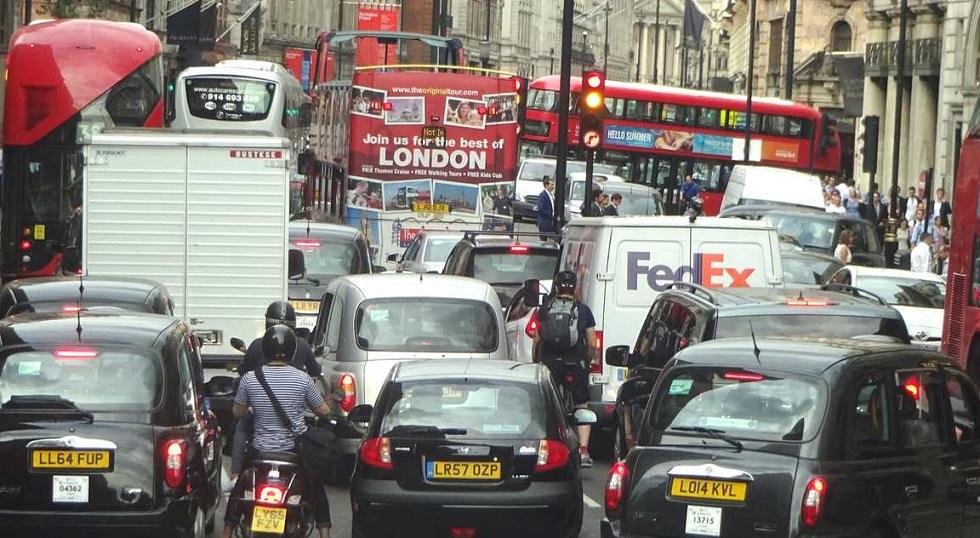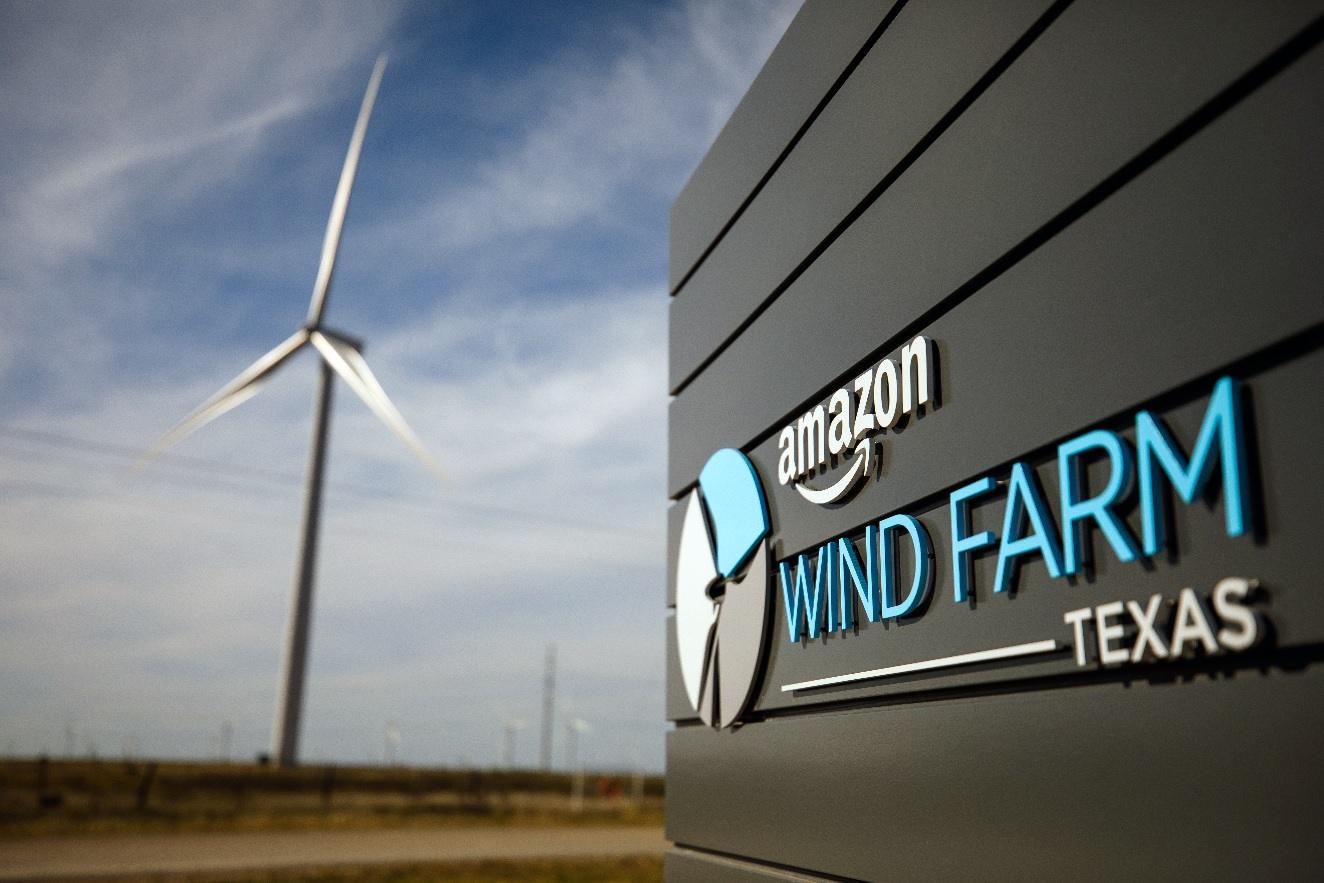UK Aims for Net Zero Across Road, Rail and Aviation with New Transport Decarbonisation Plan
UK Transport Secretary Grant Shapps announced today the launch of the government’s new Transport decarbonisation plan, setting a widespread roadmap for the country to achieve net zero emissions across the transportation sector.
Over the past several months, the UK has announced a series of ambitious climate-focused commitments, including the launch by Prime Minister Boris Johnson in November of a 10-point plan for a ‘Green Industrial Revolution,’ including investments in renewable energy, clean mobility, and green building initiatives. Along with that plan, the government committed to end the sale of new petrol and diesel cars and vans by 2030, ten years earlier than previously planned.
With the new “greenprint” published by the government today, the UK extends its decarbonization targets to areas of the transport sector including heavy vehicles, railways and aviation.
Shapps said:
“Transport is the largest contributor to UK greenhouse gas emissions (GHG), with road transport alone accounting for almost a quarter of our total emissions in 2019. We must deliver a step change in the breadth and scale of our ambition to reduce transport’s GHG emissions to reach net zero.”
New targets and initiatives announced today include:
- Phasing out the sale of new diesel and petrol heavy goods vehicles (HGVs) by 2040,
- Creating a net zero rail network by 2050,
- Launching a “Jet Zero” consultation aimed at achieving net zero aviation emissions by 2050, including net zero domestic aviation emissions by 2040,
- Accelerating the target date for the whole central government fleet of 40,000 cars and vans to be fully zero emission by 2027, 3 years earlier than previously planned,
- Committing the government to set legislation later this year to ensure that all private EV chargepoints meet smart charging standards.
Shapps added:
“The Transport decarbonisation plan that will be published today (14 July 2021), the first in the world, is not about stopping people doing things: it’s about doing the same things differently. We will still fly on holiday, but in more efficient aircraft, using sustainable fuel. We will still drive on improved roads, but increasingly in zero emission cars. We will still have new development, but it won’t force us into high-carbon lifestyles.”
The new plan comes as the UK prepares to host UN Climate Summit, COP26. PM Johnson has previously stated that he will urge countries to raise their ambitions on tackling climate change and join the UK in setting stretching targets for reducing emissions.
While the UK leads many countries in setting climate ambitions, it has faced criticism for its lack of progress on meeting its goals. In June, the government’s climate advisor, the Climate Change Committee (CCC), warned that a lack of progress on firm climate policies are causing the country to fall behind on its commitments to meet these challenges, with continued inaction making it increasingly difficult to get back on track. One of the CCC’s recommendations was to set climate commitments for the major emitting sectors, such as transport.





